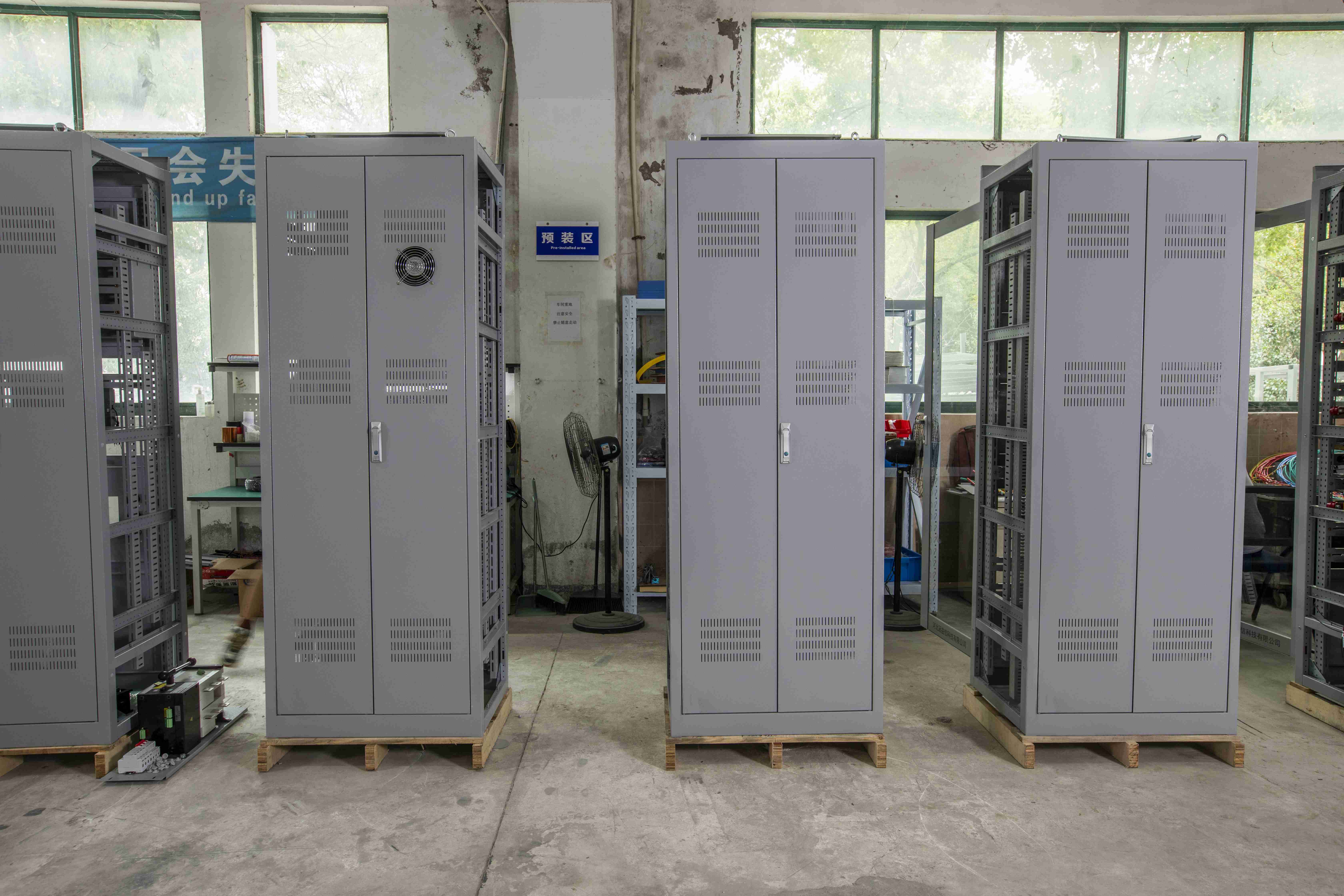
Aug . 11, 2024 22:06 Back to list
Effective Strategies for Implementing a High-Performance Energy Management System in Organizations
The Importance of a High-Quality Energy Management System (EMS)
In the wake of increasing energy costs and growing environmental concerns, businesses and organizations must adopt robust strategies to manage energy consumption more effectively. A High-Quality Energy Management System (EMS) stands out as a critical tool in achieving energy efficiency and sustainability. This article explores the components, benefits, and practices that define an effective EMS.
What is an Energy Management System?
An Energy Management System is a systematic approach to monitoring, measuring, and controlling energy consumption within an organization. It enables businesses to optimize their energy usage, reduce costs, and minimize environmental impact. A high-quality EMS incorporates advanced technologies, data analytics, and a comprehensive strategy tailored to an organization's specific energy needs.
Key Components of a High-Quality EMS
1. Data Collection and Monitoring The foundation of an effective EMS lies in the continuous collection of energy data. This involves using smart meters and IoT devices to gather real-time data on energy consumption across various domains of the organization.
2. Analysis and Reporting Following data collection, the next step is to analyze the information to identify patterns, inefficiencies, and opportunities for improvement. A robust EMS will provide granular insights through detailed reports and visualizations that can be used to track performance against energy targets.
3. Goal Setting and Strategy Development A high-quality EMS helps organizations set measurable energy efficiency goals based on data insights. These could range from reducing overall energy consumption by a specific percentage to achieving a particular sustainability certification.
4. Implementation of Energy-Efficient Solutions Armed with analysis and goals, businesses can implement energy-efficient technologies and practices. This might include upgrading to LED lighting, improving heating and cooling systems, or investing in renewable energy sources.
high quality energy management system ems

5. Continuous Improvement A successful EMS is not a one-time project but an ongoing process. Continuous monitoring and refining of the energy strategy allow organizations to adapt to changing conditions, technologies, and regulations.
Benefits of a High-Quality EMS
1. Cost Savings One of the most immediate benefits of implementing a high-quality EMS is the reduction in energy costs. By optimizing energy usage, organizations can significantly decrease their utility bills, allowing funds to be reallocated to other critical areas.
2. Environmental Impact A well-managed EMS contributes to sustainability efforts. By promoting energy efficiency and reducing greenhouse gas emissions, organizations can enhance their corporate social responsibility (CSR) profile and contribute positively to the environment.
3. Regulatory Compliance Many regions impose regulations regarding energy use and emissions. An effective EMS can help organizations comply with these regulations, avoiding potential fines and promoting a culture of accountability.
4. Enhanced Reputation Organizations that prioritize energy management are often viewed favorably by customers, stakeholders, and the community. A commitment to sustainability can enhance brand loyalty and attract new customers.
5. Improved Operational Efficiency An EMS not only benefits energy consumption but can also lead to increased operational efficiency. Streamlined processes and improved monitoring can result in better overall performance across various business functions.
Conclusion
As energy challenges continue to evolve, the need for a high-quality Energy Management System becomes increasingly critical. Organizations that invest in an EMS can reap numerous benefits, from cost savings and compliance to enhanced reputation and operational efficiency. By adopting best practices in energy management, businesses can navigate the complexities of energy consumption, paving the way for a sustainable future. In a world increasingly focused on sustainability, those who prioritize energy management will be better positioned to thrive.
-
Intelligent Energy Management with GPT-4 Turbo AI Optimization
NewsAug.03,2025
-
Advanced AI Energy Management with GPT-4 Turbo
NewsAug.02,2025
-
AI-Powered EMS with GPT-4-Turbo | Efficiency Boost
NewsAug.01,2025
-
Optimized Storage System for GPT-4-Turbo | High Performance
NewsJul.31,2025
-
AI Energy Management System w/ GPT-4 Turbo Efficiency
NewsJul.31,2025
-
High-Performance Energy Storage System for Reliable Power Solutions
NewsJul.30,2025























